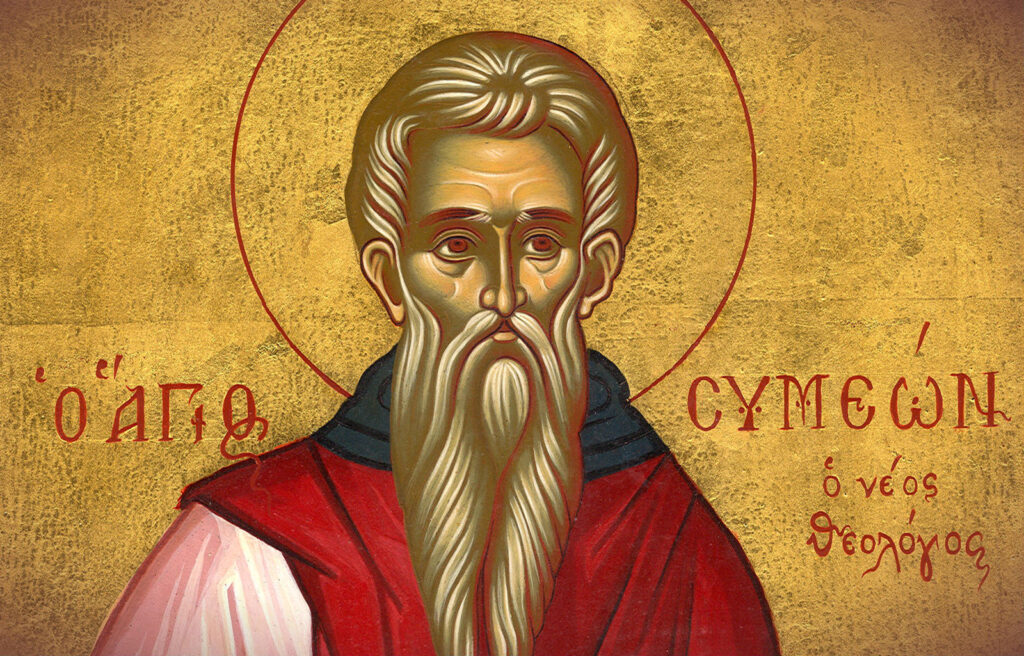Bishop of Alexandria, 373 (Lesser Feasts and Fasts 2000)

Rarely in the history of the Church has the course of its development been more significantly determined by one person than it was by Athanasius in the fourth century. Gregory of Nazianzus called him “the pillar of the Church,” and Basil the Great said he was “the God-given physician of her wounds.” Athanasius was born about 295 in Alexandria, and was ordained deacon in 319. He quickly attracted attention by his opposition to the presbyter Arius, whose denial of the full divinity of the Second Person of the Trinity was gaining widespread acceptance. Alexander, the Bishop of Alexandria, took Athanasius as his secretary and advisor to the first Ecumenical Council, at Nicaea in 325, which dealt with the Arian conflict. Athanasius was successful in winning approval for the phrase in the Nicene Creed which has ever since been recognized as expressing unequivocally the full godhead of the Son: “of one Being with the Father” (homoousios). When Alexander died in 328, Athanasius became bishop. He fearlessly defended the Nicene Christology against emperors, magistrates, bishops, and theologians. Five times he was sent into exile. He often seemed to stand alone for the orthodox faith.
“Athanasius contra mundum (against the world)” became a by-word. Yet, by the time of his last exile, his popularity among the citizens of Alexandria was so great that the Emperor had to recall him to avoid insurrection in the city. Athanasius wrote voluminously: biblical interpretation, theological exposition, sermons, and letters. His treatise, On the Incarnation of the Word of God, is a still widely read classic. In it, he writes, “The Savior of us all, the Word of God, in his great love took to himself a body and moved as Man among men, meeting their senses, so to speak, half way. He became himself an object for the senses, so that those who were seeking God in sensible things might apprehend the Father through the works which he, the Word of God, did in the body. Human and human-minded as men were, therefore, to whichever side they looked in the sensible world, they found themselves taught the truth.”
